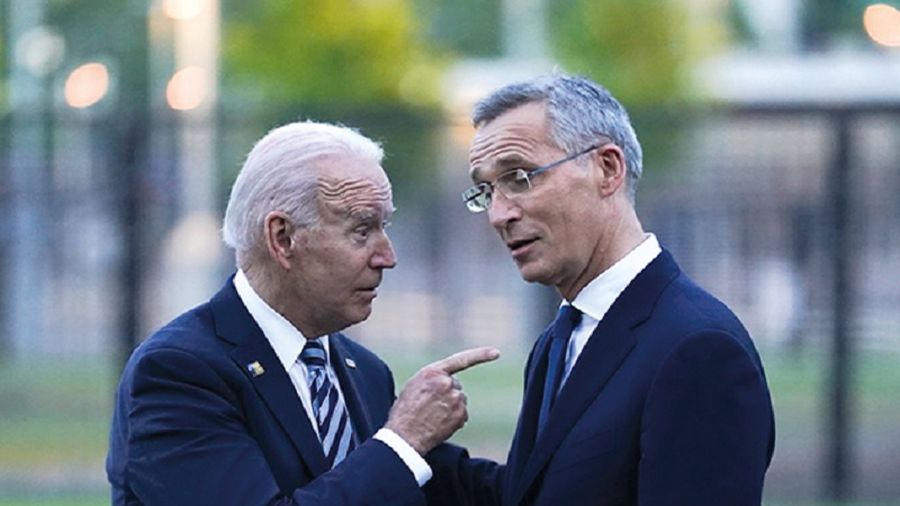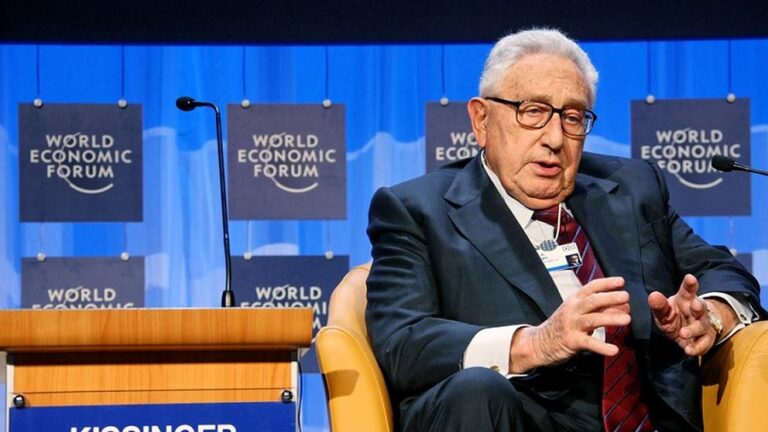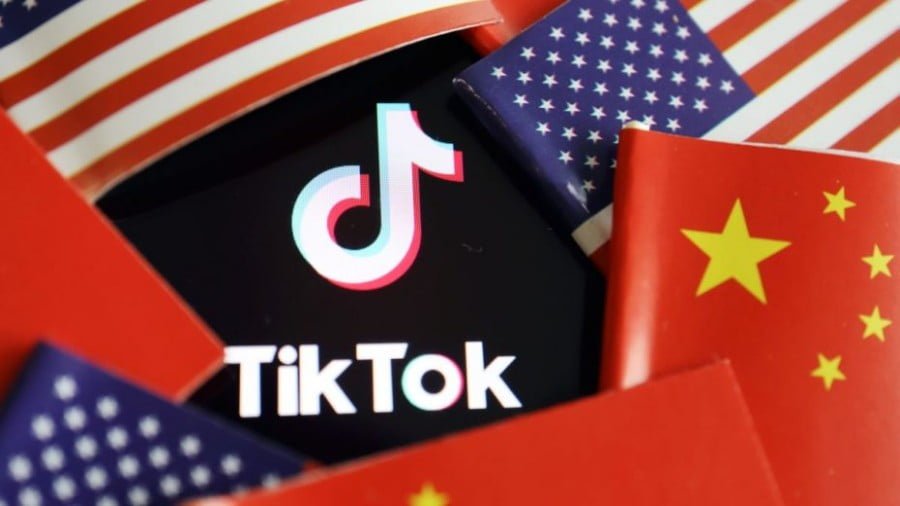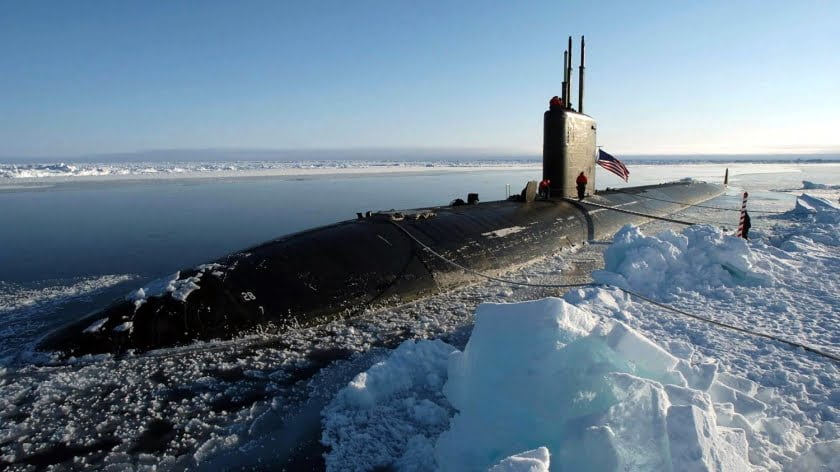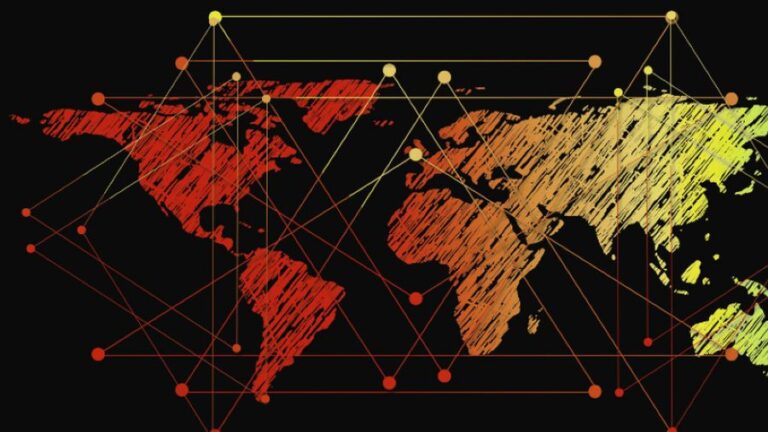Biden & Stoltenberg Back Down (For Now) After Novorossiya’s Reunification with Russia
While both doubled down on their support of Kiev’s pre-2014 borders, which includes Crimea and the four other former regions that just joined Russia, neither went as far as accepting Zelensky’s application to join NATO that he submitted earlier that day. Viewed from a zero-sum perspective, which admittedly isn’t always the most accurate way to assess anything, this outcome serves Russian geostrategic interests.
US President Joe Biden and NATO Secretary General Jens Stoltenberg both backed down, for now at least, after Novorossiya’s reunification with Russia on Friday. The first simply released a statement, promulgated more sanctions, and committed to support Ukraine for as long as it takes, while the second held a brief press conference where he reiterated the point that the American leader made several hours prior about staying the course in this conflict. While both doubled down on their support of Kiev’s pre-2014 borders, which includes Crimea and the four other former regions that just joined Russia, neither went as far as accepting Zelensky’s application to join NATO that he submitted earlier that day.
The escalation scenario that was previously warned about with respect to NATO encouraging its proxy force in that crumbling former Soviet Republic to launch an overwhelming conventional invasion of the territories that Russia just reunified with and thus potentially prompting President Putin to authorize the use of tactical nukes in self-defense as an absolute last resort still remains on the table. That said, Russia didn’t launch a “shock and awe” campaign to preemptively destroy stop this either, with President Putin instead calling on Kiev to immediately implement a ceasefire and return to peace talks as soon as possible (though notably adding that the status of its four former regions won’t be discussed).
To an extent and for the time being, it can be said that both Russia and NATO are acting very cautiously in order to avoid inadvertently triggering a larger conflict by miscalculation. By contrast, Zelensky is openly trying to bring that worst-case scenario about by officially attempting to join NATO. The Ukrainian leader clearly feels like his back is up against the wall since his Russian counterpart just created a new geopolitical reality that’s already de facto acknowledged across the world. It might not remain so if the US orders him to invade his side’s lost territories, but it nevertheless represents the new status quo.
The longer that it holds, the greater Russia’s defensive capability will become considering its ongoing partial mobilization. It’s true that Kiev’s offensive capabilities will also grow in parallel due to the US and NATO’s commitment to support it for as long as needed, but barring any unexpected developments such as the launching of an overwhelming conventional invasion like was described above, this state of affairs could lead to a stalemate of sorts that further reinforces the new geopolitical reality that the latest referenda just resulted in. Viewed from a zero-sum perspective, which admittedly isn’t always the most accurate way to assess anything, this outcome would serve Russian geostrategic interests.

